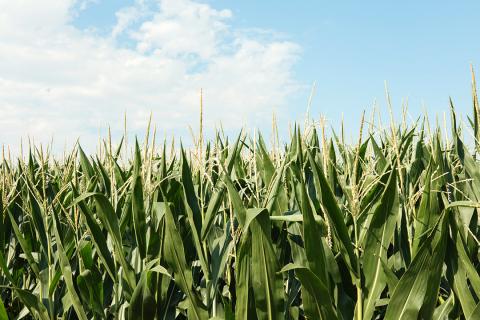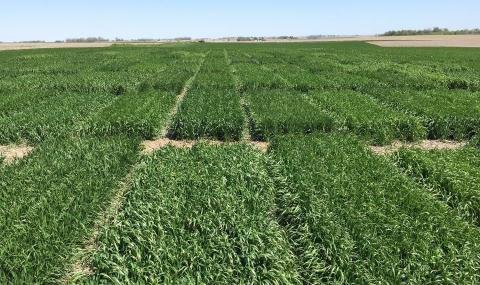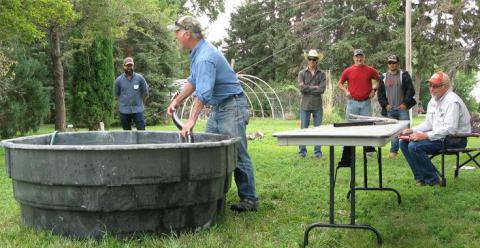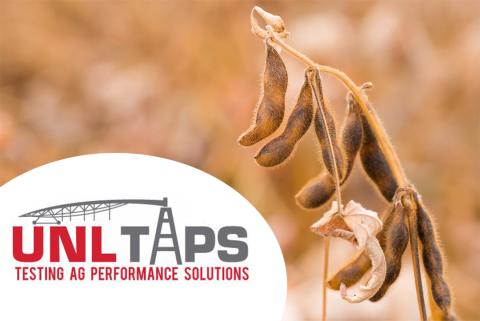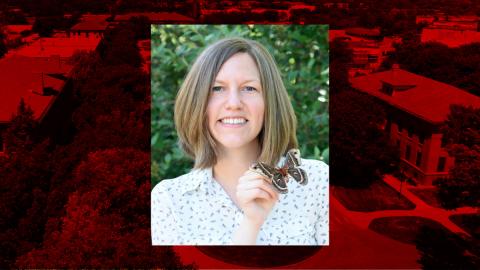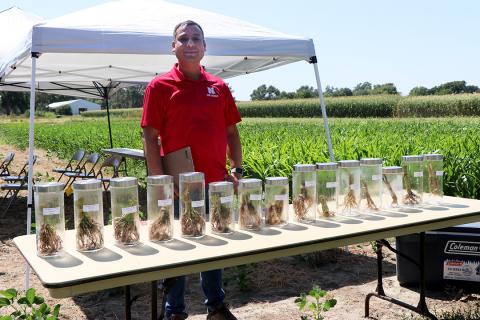Water, Crops and Soil Health Field Day Set for Sept. 5
August 5, 2024
West Central Research, Extension and Education Center's 2024 field day will feature keynote speaker Dale Strickler, a Kansas-based ag consultant with more than 30 years of experience in agronomy, pasture management, and soil and crop advising.
Nebraska is the Epicenter for Agricultural Drone Conferences in August 2024
August 2, 2024
Two days of conferences hosted mid-month in North Platte will feature insights from drone industry experts and practitioners across the world, with live demos and exhibit booths.
Nebraska Extension Offers Dual Meetings on Agriculture Drones in August 2024
June 20, 2024
Two back-to-back drone conferences in August will give producers the opportunity to see live demos and hear important information about regulations, spray drone applications and more.
UNL Wheat Variety Tour Coming to Grant June 12
June 7, 2024
The next stop for the 2024 UNL Wheat Variety Tour will be the Henry J. Stumpf International Wheat Research Center in Grant, featuring research updates on wheat stem sawfly, winter peas, water stress-tolerant wheat hybrids and more.
UNL-TAPS to Host Summer Field Day on June 19
May 22, 2024
This year's annual field day will include new contests in the Agronomic Olympics, live demos, guest speakers and a four-man golf scramble.
Learn, Launch, Interact Event to Kick Off 2024 TAPS Competitions
February 29, 2024
The March 21 Kickoff Event is open to the public and will usher in the 2024 TAPS Competition, which features a new soybean contest at ENREEC.
Peterson Named Associate Director of West Central Research, Extension and Education Center
October 27, 2023
An entomologist and extension specialist, Peterson also leads the Agroecosystems Entomology Lab, and her research focuses on practical applications for integrated pest management of field crops.
Roots, Another Important Aspect of Cover Crops
September 19, 2023
Researchers involved in a UNL-USDA NRCS study on cover crops highlight the importance of species selection, as each type of cover crop has a unique root system that contributes differently to soil health.
